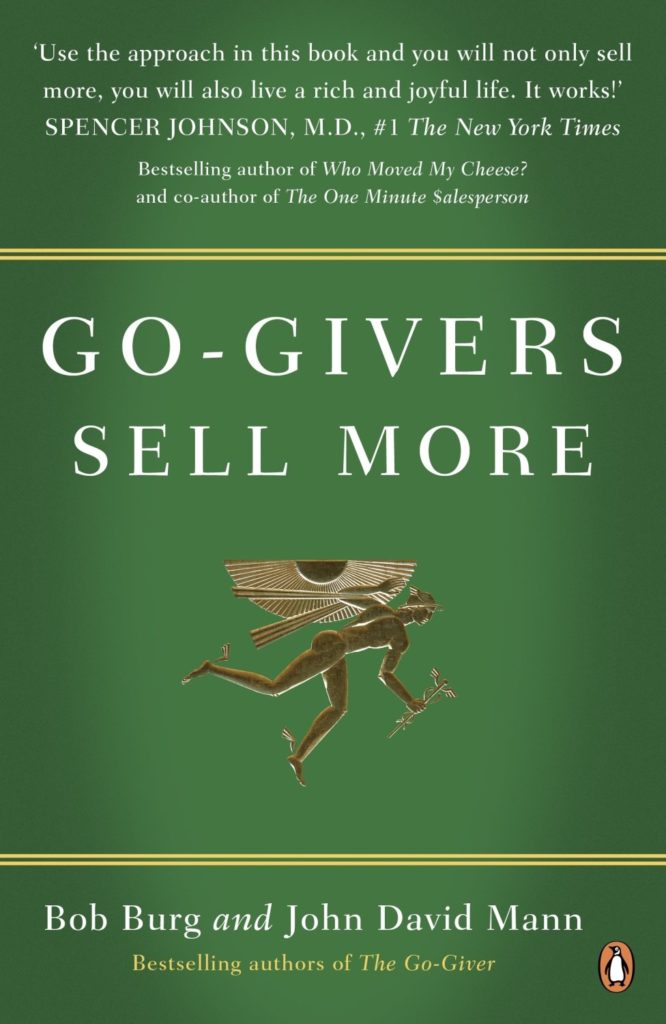
As a recruiter, the words ‘business development’ are probably as frequently used in your life as breakfast and Netflix. And when you use the word breakfast, I do appreciate it is often to say you haven’t had time to eat it! You are constantly being reminded of the need to schedule time for your BD. Being asked if you have done your BD. Asked how many new clients you have managed to engage in the process of BD.
It is a rare individual indeed who genuinely chooses business development as their favourite part of the job. It is an art form that takes time, training and miles on the clock to master. And until that time, there is a nervous discomfort that sits in the mind of the majority of consultants. As a result of this we find all other activities on the to-do list receiving priority before finally surrendering to the daily chore of engaging with new clients. Trying to speak to people who you have never worked with and don’t know you is an exercise that requires resilience, determination and on most days, a very thick skin. It is easy to see why so many shy away from the task.
Of course, new clients are the pipeline for any business and without them we would experience diminishing returns from our current client base. However, so many consultants are missing out on a far more likely source of new business. The most successful recruiters I have worked with have always had less live clients than those around them assume. The difference is in the depth of relationship and as a result, the revenue per client average being considerably higher than their colleagues. The other common denominator is the length of time they have worked in the same company. As I mentioned earlier, miles on the clock is an inescapable necessity for client relationship to develop fully. We trust success at first, but in time we move to trusting the relationship without needing the success to justify our commitment.
So why do we so often ignore the opportunity to continue building our client relationships?
There is a theory that suggests psychologically we feel it is greedy. We are brought up to be polite and not to ask for more. Be grateful for what you have been given and move on. We wait politely for the client to come back to us and ask for our help with another position.
Working with consultant teams, I am often surprised by the sharp drop off in customer service for their clients following a placement. Certainly, there will be some contact with the candidate, ensuring they stay through the rebate period, but after that, often nothing. You have just done a great job for your client. And if you didn’t do a great job, but instead got lucky, it is time to make the most of your luck.
We are now living in a world where referral and recommendation are the core drivers for almost all of our purchasing decisions. Where once it was word-of-mouth and friend of a friend, we now find favour with those who are digitally recommended to us. We are pre-programmed to trust the opinion of strangers. So just imagine how much credence we now give to the suggestions of those we know and trust personally.
Don’t look for new business. Look to add value.
You don’t know when your services will be needed again by your client. It might be next week; it might be 6 months away. One thing is certain. If you spend 6 months calling them and asking if they have any jobs, it won’t be you who is given the opportunity to fill the next role. Combine this with the fact that you will be bored by your own repetitive process and other options become essential. Too many people in the staffing industry focus on the word ‘Recruitment’ rather than the word ‘Consultant’, both of which are equally important when building a sustainable client base.
You now have an opportunity to show your quality of customer service when there isn’t an instant reward available to you. The lack of immediately tangible results when focussing on adding value, often deters consultants or their managers from building a consistent model. Yet the long-term effect is a sustainable relationship, where trust is established and confidence in the quality of service maintained throughout.
Your client is always trying to change.

All companies are looking to change. Constantly. Whether their goals are growth, acquisition or cultural shifts, there will always be change. The core of these changes is always staff. More, better, different. Average staff turnover in the UK is generally accepted as being around 15%, however this varies dramatically between sectors, with some as high as 30%. Whatever the figure for your client sector, you can guarantee turnover to some degree. Whether one in ten or one in three, the change has ongoing and sometimes dramatic impact on your active clients.
The combination of both deliberate strategic change and expected turnover means your client is going to need services such as yours on an ongoing basis. If we don’t evolve in the same way or at the same pace as our clients, we become irrelevant and therefore surplus to requirements as a supplier. The reason they will choose you consistently will be because your level of customer service is not linked to the number of roles they have given you to work on, but instead because you are offering services that are not only transactional.
In their book ‘Go-Givers Sell More’, Bob Burg and John David Mann have structured the sales delivery format to focus on what you add, rather than looking at what you might receive. They break down the process into four laws: The Law of Value, The Law of Compensation, The Law of Influence and The Law of Authenticity. Each outlines the benefit of looking for the best points to add value rather than the best point to transact.
If we focus on the positive impact we can have rather than the outcome, it is only natural we will end up with client relationships of greater depth.
Recruitment is a sales industry and therefore beholden to KPIs in one form or another. The key here is to make sure developing your existing client relationships by regularly adding value is one of the measured targets you are driving yourself towards. Don’t make your business development all about fighting to find a new opportunity. Make calls to people you already know, people you have already supported, and shown how good you are at your job. Think how you can add value to them and be a constant. Trust me, it will make business development far more enjoyable!

